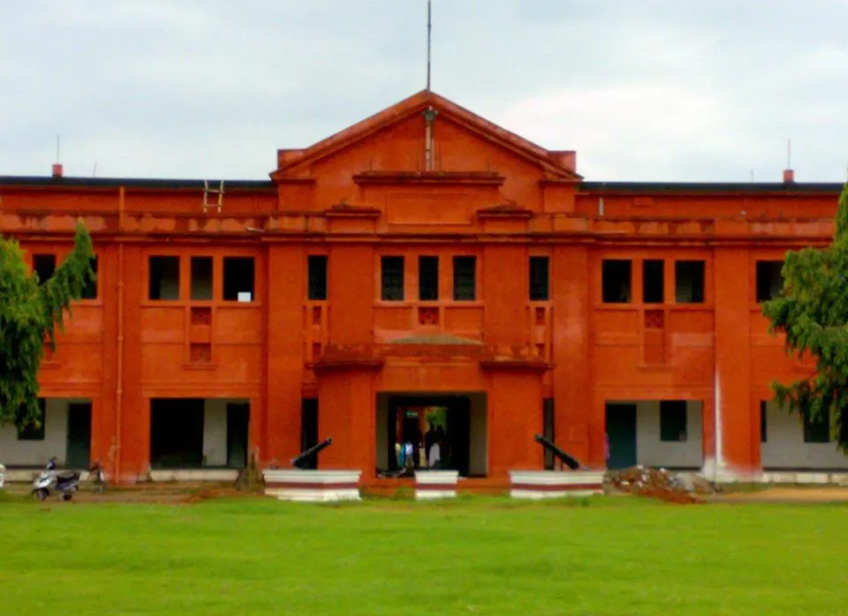Prof Radhakanta Barik
The Odisha Universities Act, 1989, has been replaced by a new law through an Ordinance of the Odisha government. Under this, universities will not have autonomy in terms of formulating courses and in recruitment of teachers. These would be handled by the Odisha PSC as they do for selection of lecturers in government colleges. Universities will retain the freedom for research and teaching.
Universities need change the way they are run. Many teachers do not read, which affects their work; and without work, some of them have been made professors. Very rarely, their research works get published. These have affected the learning process as also brought down the quality of education. This has resulted in a process of learning from textbooks and notebooks without genuine application of mind; and there are less of debates and discussions among students.
The government order of 2020 is well-thought-out as it is hoped to help the intellectual growth of the universities by recruiting better quality teachers. Educationally better-equipped teachers are to be appointed by a neutral body set up by the government. This is possible as the catchment area for recruitment of teachers into universities has increased. All teachers working in government colleges are eligible to face interview for entry into universities. If teachers of private colleges are also allowed to face the competition, this will widen the catchment area.
Autonomy is a necessary condition but not a sufficient condition as it requires talented teachers to impart knowledge by engaging students in discussing the issues of importance, including matters affecting the society and the state. Notably, most of the bright educated youths get recruited by the Staff Selection Commission. All the important scholars of the universities were initially working in colleges. Scholars like Bijay Bohidar, Sarita Bohidar and Late Sanjib Raut worked in government colleges, which reflect in their talents; and they are still working as visiting professors in various universities. The Staff Selection Commission is more neutral and non-partisan than the entities that recruit teachers to the universities. It is wrong to differentiate between college teachers and university teachers.
Most college and university teachers do not go to the library or the archives or the National Archives and go to the classrooms and teach. They often use their old notebooks while teaching, but knowledge is an area that keeps changing. I had an occasion to meet a set of 20 teachers at a refresher course conducted by Sambalpur University. They were brilliant but had not taken the trouble of reading any book outside of the textbooks since they started as teachers a decade or two ago. They do not read newspapers. There yet is neither the vigil about the way universities function, from any side, nor the motivation among the teaching community to perform better. Corruption and nepotism are rampant in the appointment of VCs and teachers in universities and in matters of construction works on the campuses.
Perceptions are that external examination is better than internal as evaluation can be done in a neutral and non-partisan manner. Teachers would thus not indulge in favouritism; something that affects the examinations conducted by individual universities and evaluated by themselves. There are situations of teachers being threatened by students to get higher marks. It, thus, is better that the power of evaluation is shifted to a neutral body.
A problem is also of the revision of courses of studies. The Ravenshaw University removed the chapter on Shakespeare from the English literature syllabus and their students started getting up to 90 per cent marks in English, but could not qualify for admission to universities like Delhi for post-graduate studies. The same situation prevailed in Economics where Econometrics got removed from the course of studies here, except by Sambalpur University. Students then started getting up to 90 per cent in Economics but could not qualify for admission to Delhi School of Economics. The same thing happened in Physics; the course remained primitive and the students from here could not qualify for IITs.
The autonomy enjoyed by universities destroyed the quality of higher education; and such was the complacence that curriculum upgradation was rare. The responsibility on the government has increased after scrapping the Universities Act of 1989, but it would do well to create an academic committee that can formulate courses for the whole of Odisha and monitor the external examination for universities and colleges.
The writer was attached to Indian Institute of Public Administration, Delhi.
